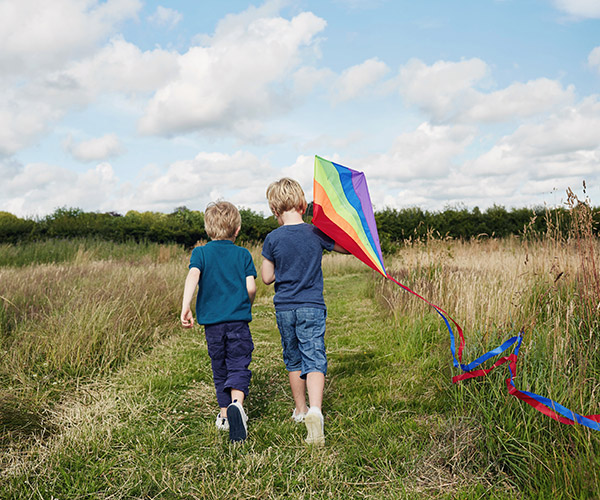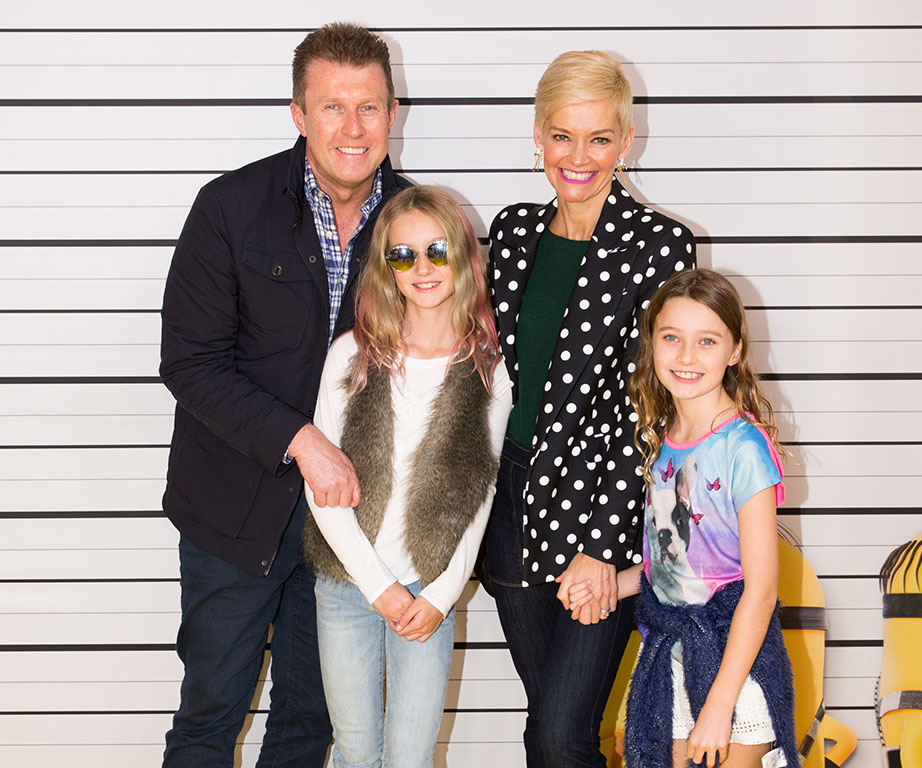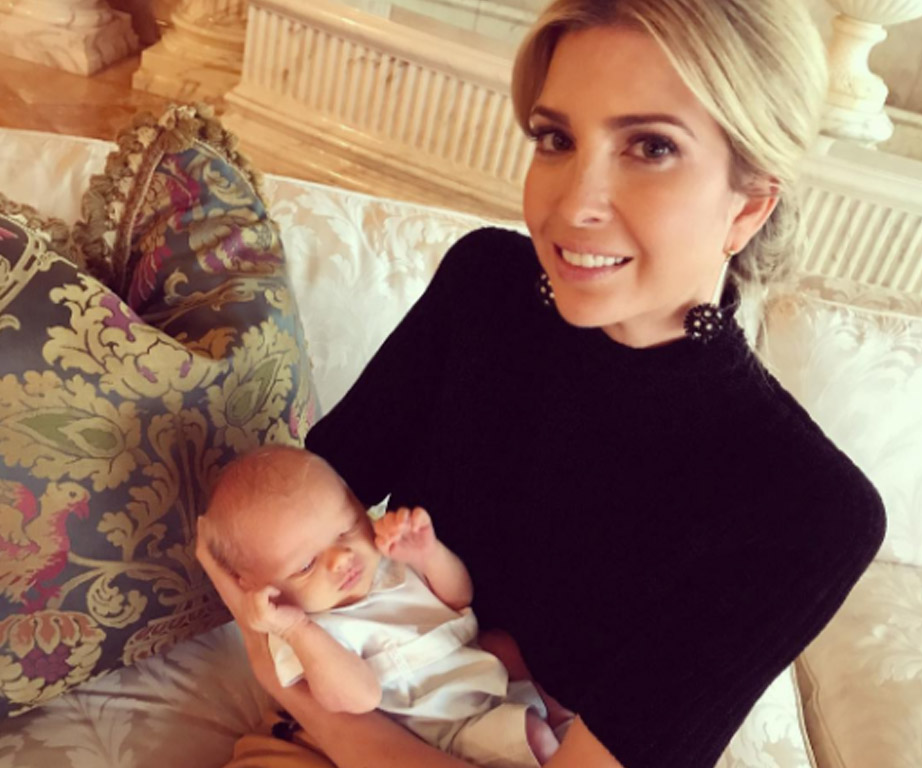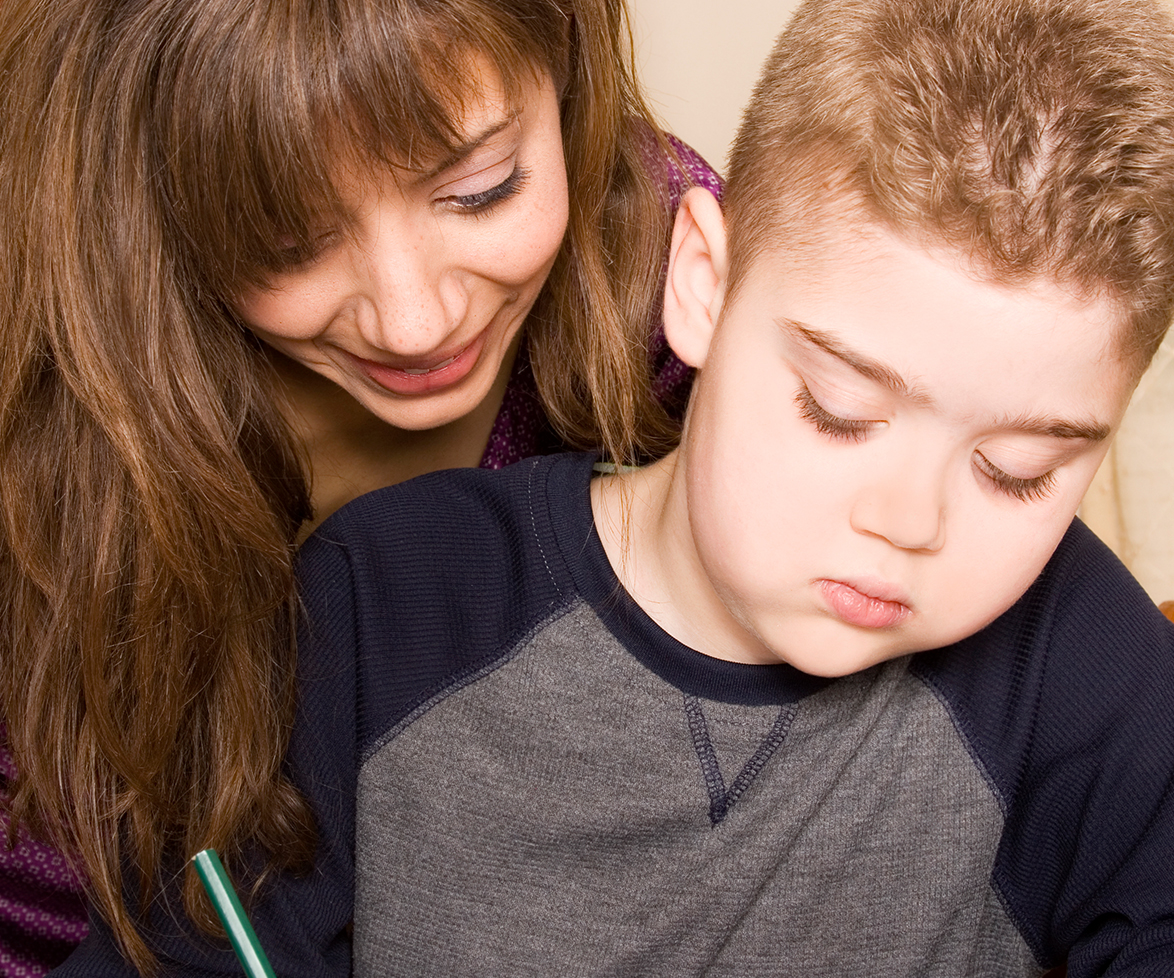Belinda*, 43, shares her true confession:
The obstetrician snapped off her gloves as I pulled my top back over my bump.
“We’ll have to book you in for a c-section,” she said.
I was 41 weeks pregnant with my first child and doctors had only just discovered I was breech.
I felt a crushing disappointment.
For nine months, I’d been mentally preparing to have a natural birth.
Now, the plan had come to a screeching halt.
Next day I lay numb from the waist down on a bed in the operating theatre as doctors lifted our baby out of me.
I was also numb from the neck up, devoid of the joy I should have felt.
The disappointment never disappeared.
Even when they showed me our son for the first time, I felt completely detached.
My husband Oli was the opposite.
He was by my side, weeping openly with happiness.
As I held our tiny son, Tom, I struggled to see myself in him.
He didn’t feed well and then cried so hard that he vomited constantly.
Those first few weeks were a blur of breastfeeding, sore nipples, cleaning up sick and crying – both him and me.
By the time we’d made it to six months I felt like a shadow of my former self.
I couldn’t remember the last time I’d laughed, or even smiled.
My mum arrived from interstate and marched me to the GP.
I was diagnosed with post-natal depression and put onto pills.
After a few months, the fog lifted and I started to feel more normal again.
Except I still felt no bond with Tom.
I tried, I really did, but he wasn’t what I’d been expecting.
Oli is a tall man and I’m not exactly short but somehow we’d produced a baby who was small for his age.
Strangers would stop to coo over him in his pram.
“Ooh he’s so little, is he a newborn?” one asked.
“He’s six months old,” I replied through gritted teeth.
His small size should have made me even more protective of him.
Instead, I felt disappointed.
Even as a toddler Tom was strange.
He’d constantly climb up the slide and then scream for me to come and rescue him.
He never wanted to play with other kids in the playground either.
Oli and I were both hugely sociable people.
How had we made such a loner?
It didn’t help that when our next baby, Leo, came along two years later, he was everything I’d hoped for.
I had a quick, natural labour and there was no post-natal depression this time around.
Leo breastfed with gusto, his eyes locked lovingly with mine as he suckled away.
Post continues after video: Jessica Rowe talk post-natal depression
He was a big boy with a mop of blonde curls and I adored him.
I know Tom found it hard when his little brother arrived.
He lashed out and even started biting other kids at his day care.
“Do you think he’s autistic?” I asked his minder and she frowned at me sadly.
“He just needs more attention,” she said.
The accusation tore at my insides but I didn’t say anything more.
I knew I was being a bad mother to Tom.
Tom became a weedy, timid child while Leo was a chatterbox.
He was always giving me big bear hugs, whereas Tom always shied away from affection.
One day, we were at a play date at my best friend’s house when I roused on Tom for refusing to play with my friend’s daughter.
“Don’t be so hard on him,” my friend argued. “You’re his mum. It doesn’t matter if you like him or not, you have to be his rock.”
I wanted to learn how to love him, so I read a bunch of parenting books, but it didn’t help.
I wished Tom was tougher, more outgoing and cool, but I realised he was never going to be any of those things.
Despite my best efforts, I just didn’t like him.
I knew it was hard on him, and the guilt ate away at me every day.
The boys got bigger and went to school.
Leo brought friends around to play and demanded big parties for his birthdays.
Tom liked reading alone in his room.
I kept asking his teachers if something was wrong with him.
Oli was furious when he found out.
“Stop trying to fix our son,” he roared.
We had terrible fights over it.
But I was convinced we’d find a diagnosis that would get me off the hook for disliking Tom’s weirdness.
But none came.
“Some boys just like playing on their own,” his teacher said.
I knew those types of boys. They were the weird ones who got bullied and laughed at.
Oli and Leo became Tom’s protectors.
“Kids were mean to him today,” Leo told me after school once.
He’d come to his big brother’s rescue.
“You need to stand up for yourself,” I told Tom afterwards.
He just shrugged and went to his room.
The boys are both in high school now.
Leo’s on the footy team with his mates and has a crush on a girl in his class.
Tom’s a morose teenager with few friends and no interests besides his computer.
The other day, I had an argument with him because he refused to go on a school camp.
Leo raced to his brother’s side.
“For once can’t you just leave him alone?” he said. “You never give me a hard time like you do with Tom.”
I felt terrible.
I’ve been battling with this for so many years now and I don’t know what to do about it.
It’s wearing Oli and I down.
I’m tired of being a horrible mother but I can’t help the way I feel.
Names have been changed to protect identities.




